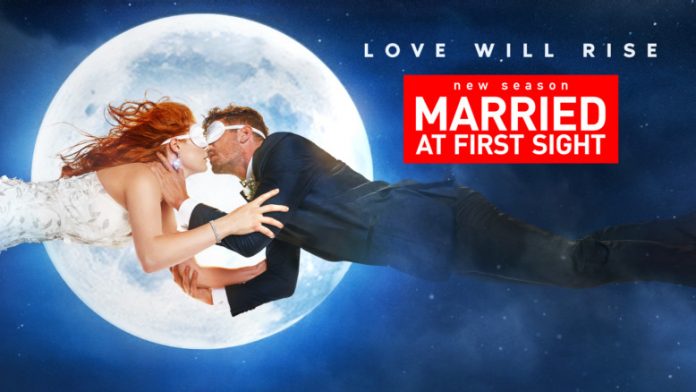You can’t be a name everyone knows on television, or on any screen for that matter, in 2020 without being the subject of the public’s best and worst opinions.
Social media has given rise to people power like no other medium: it’s allowed reality show contestants to go from being former unknowns to morph into some of Instagram’s most powerful people, with enough followers to fill stadiums time and time again. The wider media, in turn, has thrived off the ability to gain leverage from public adoration or outrage for those who we consider famous.
Every single one of us is privy to the level of scrutiny our country’s most recognisable faces confront each day – yet it doesn’t seem to have scared us away pursuing the commonly held desire to be a household name. Curiously, it’s had the opposite affect.
Almost one in three millennials would rather be famous than a lawyer, and one in four would take fame over a career as a doctor. It’s becoming abundantly clear that as we witness the rise of the gig economy and influencer marketing, the hope to earn six-figures a year has morphed with the wish to be famous, producing a career path that is rivalling what we traditionally know to be high-paying, highly respected occupations.
Reality shows have quickly become the vehicle of choice for a quick trip to fame. Former contestants now boast some of the most popular profiles on Instagram. This go on TV, get famous, make money pattern emerges every year from Aussie television, but there’s another part of this cycle that seemingly gets washed out in the allure of having thousands of new admirers (and dollars).
Last year, Abbie Chatfield was perhaps the country’s most talked about face on TV. She was mercilessly taunted by the public for her open expressions of her sexuality and villainous portrayal, receiving death threats and messages that told her she ‘should have been aborted.’ After the show’s finale aired, and it was revealed the Chatfield walked away from the show as its runner-up, she revealed that the immense backlash brokered some ‘really extreme suicidal thoughts’ within her.
Chatfield has ultimately come out on top of her critics, with over a hundred thousand Instagram followers who embrace her commitment to being her authentic self, including her identification as a feminist.
But we know that the damage being a famous face in the age of social media can push others to do what Chatfield didn’t. Just two weeks ago, popular U.K. personality Caroline Flack was found dead in her apartment after facing a dramatic fall from grace at the hands of the public and the media, who stoned her publicly for her assault charge against her partner; her pleas for understanding in the charge’s wake fell on deaf ears.
Her death is not an isolated incident – 38 reality show contestants and stars are said to have died following their appearances on television.
Such immense tragedy begs the question: what do we still find appealing about fame in the digital age? Social media is proving to be the ultimate double-edged sword in this relentless cycle we as a society continue to progress through – we gasp in shock horror at how someone on the receiving end of thousands of hateful messages, many condemning them to death, could’ve been pushed to end their own life, while lusting after the glamorous lives that influencers put on display via their Instagram grids.
We’re not getting any kinder, not learning from these horrifying consequences of our unchecked ability to say what we like about the faces on our TV. Only days ago did an episode of Married At First Sight air that see contestant Hayley brush her teeth with a toothbrush her partner had scrubbed a toilet with. God only knows what that would do to someone’s self worth, and yet it aired on national television for millions of Australians to view, and be entertained by.
People will say this is a turning point, but if the deaths of 39 people were said to be the same, and nothing changed before this incident played out, it’s incredibly hard to believe that we’re going to change the way we respond and comment on the actions of those who we know and love – or hate. Eventually, though, we have make this matter a serious point of public discussion.
Are we so overwhelmingly driven to achieve fame that we’re willing to put our lives on the line? It’s each to their own. But if you want to have your cake and eat it too, start encouraging more kindness and consideration within our keyboard-wielding society – otherwise your newfound fame and fortune may very well be downtrodden by an army of critics.

![5 Reasons You Should Travel Alone Airplane [image source: chau nguyen/ http://thedevilhatessweatpants.blogspot.com.au ], crowd ink, crowdink, crowdink.com, crowdink.com.au](https://crowdink.com/wp-content/uploads/2016/08/Chau-airplane-218x150.jpg)




























![5 Reasons You Should Travel Alone Airplane [image source: chau nguyen/ http://thedevilhatessweatpants.blogspot.com.au ], crowd ink, crowdink, crowdink.com, crowdink.com.au](https://crowdink.com/wp-content/uploads/2016/08/Chau-airplane-100x70.jpg)


